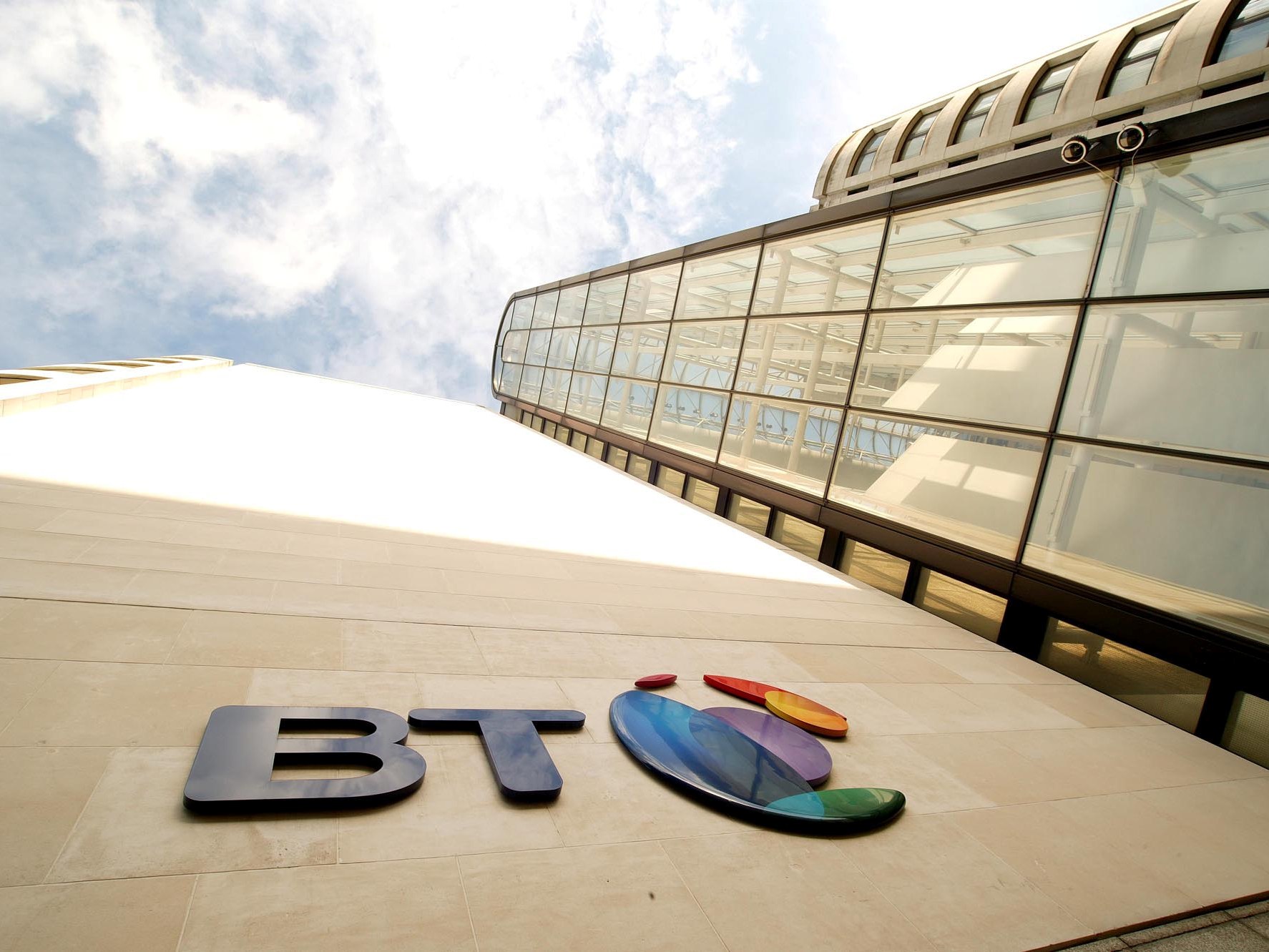Google needs to go nuclear over Android
Save Android from this patent nonsense

Sign up for breaking news, reviews, opinion, top tech deals, and more.
You are now subscribed
Your newsletter sign-up was successful
Eleven years ago, BT attempted to enforce patent number 4,873,662. It approached a number of big US ISPs and basically said "we own hyperlinks. Pay up or else". The courts eventually told BT to get bent, but if the firm had won it would have had a chilling effect on the web.
That was a long time ago, of course, and things are different now - but BT is once again throwing its patent weight around the place. This time, though, the target is Android.
BT reckons that Android (and Google Maps, and Google Music, and Gmail) infringe six of its patents, so it's suing Google for what it's safe to assume is a huge pile of money.
Google isn't the only target. Manufacturers can barely say "Look! A new Android thing!" before somebody clobbers them with a lawsuit. Thanks to Apple, HTC has been told that if it doesn't remove a "small UI experience" from its Android handsets by April, it won't be able to sell them in the US, and Samsung's court battles with Apple have been going on for months.
Apple's going after HTC and Samsung, BT's going after Google and Microsoft is cleaning up: with Android-related royalties coming in from the likes of HTC, Samsung, General Dynamics, Acer, Viewsonic and many more, some claim that Microsoft now makes more money from Android firms' licences than it does from its own Windows Phone. If BT's legal action is successful, it'll be getting some royalty action too.
For a free operating system, Android's looking awfully expensive.
Android under attack
Like my colleague Jamie Middleton, I'm worried that Android is heading for big trouble. Seriously, who'd make Android kit when you're up against the tweaked-Androids of Amazon (some pundits predict that some six million Kindle Fires may be sold by the New Year) on one side and massed ranks of patent lawyers on the other?
Sign up for breaking news, reviews, opinion, top tech deals, and more.
From where I'm sitting, Android is beginning to resemble the famed frog in a pot*: it thinks it's doing just fine, but the temperature keeps creeping up. By the time it realises it's being boiled, it's too late.
Each successful patent suit turns up the gas a little bit more. Microsoft apparently gets around $5 per handset from HTC and tried to get $15 per handset from Samsung; if firms also have to pay out to other patent holders, the cost of Android starts to rocket. As the Guardian points out, "If a Windows Phone licence from Microsoft costs you around $25 (a guess), but the patent payments [on Android] are costing you $24 per handset, is it really worth persisting?"
If you think things are bad now, they could get much, much worse. Imagine if Microsoft bought Nokia - it's not as far-fetched as it sounds - and started using its enormous bank balance and Nokia's enormous phone patent portfolio in anger.
When Google bought Motorola Mobility, it said that the move "will enable us to better protect Android from anti-competitive threats from Microsoft, Apple and other companies". It's the tech equivalent of nuclear powers' Mutually Assured Destruction: if you fire at us, we'll fire right back until there's nothing left but cockroaches.
However, Google doesn't get the nuclear codes until EU and US regulators green-light the deal - and the earliest that's going to happen is January.
Android manufacturers will be praying that the regulators don't take much longer.
* There's a fascinating Wikipedia entry about whether you can actually boil a frog without it noticing. Isn't the internet brilliant?
-----------------------------------------------------------------------------------------------------

Contributor
Writer, broadcaster, musician and kitchen gadget obsessive Carrie Marshall has been writing about tech since 1998, contributing sage advice and odd opinions to all kinds of magazines and websites as well as writing more than twenty books. Her latest, a love letter to music titled Small Town Joy, is on sale now. She is the singer in spectacularly obscure Glaswegian rock band Unquiet Mind.